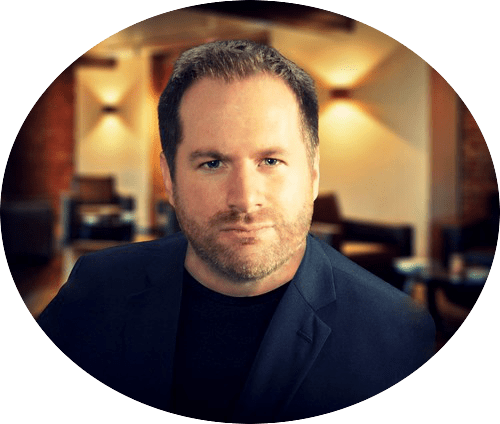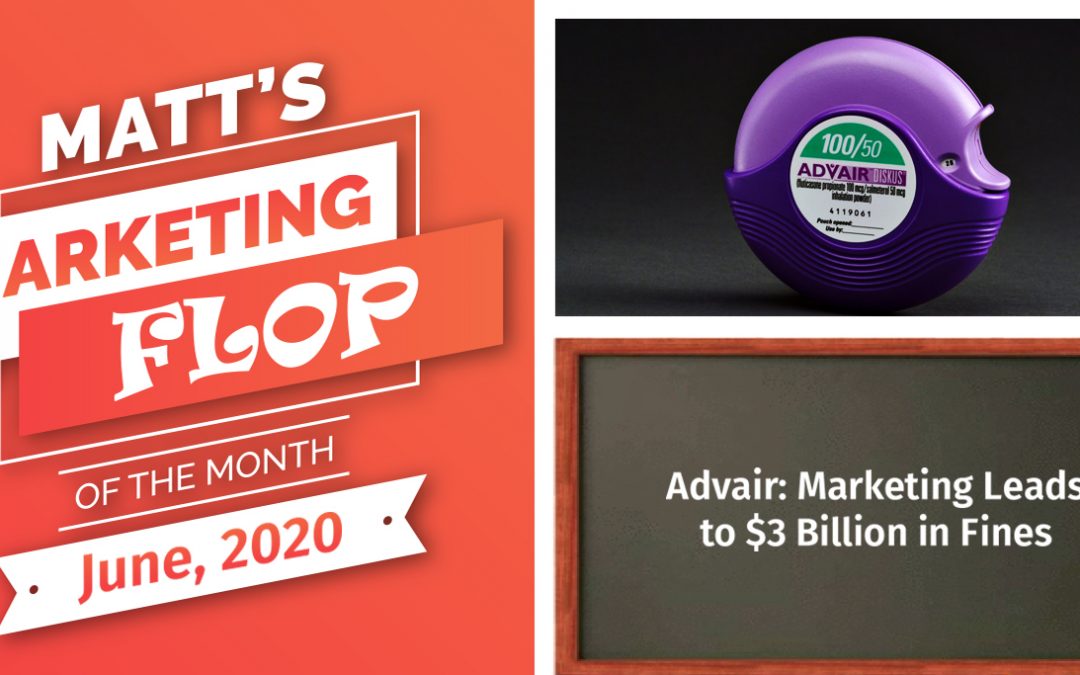[sb name="top-banner"]
[sb name="top-flops"]
Advair was approved by the Food and Drug Administration (FDA) as a first-line defense against mild asthma. It wasn't supposed to be intended for chronic cough, children under 18, or several other uses that it nevertheless ended up being prescribed for.
From 2001 through at least 2010, Advair was prescribed for all asthma patients, even though the Food and Drug Administration approved the drug for use in only severe cases, according to the complaint in the case.
At the end of the day, Advair was improperly marketed to physician's leading to a $3 billion settlement by GlaxoSmithKline (GSK) in the largest ever in a healthcare fraud case:
Global health care giant GlaxoSmithKline LLC (GSK) agreed to plead guilty and to pay $3 billion to resolve its criminal and civil liability arising from the company’s unlawful promotion of certain prescription drugs, its failure to report certain safety data, and its civil liability for alleged false price reporting practices, the Justice Department announced today. The resolution is the largest health care fraud settlement in U.S. history and the largest payment ever by a drug company.
So, what went wrong?
Why would marketers at GSK push these unproven benefits on Doctor's at private lavish events when they knew full well the drug was unproven in many case of asthma it was being promoted as a solution to?
Money, of course, and zero consequences for the actual people involved.
For whatever reason, Prosecutors chose not to prosecute former executives such as Jean-Pierre Garnier who parachuted out of the company and into another executive position at another pharmaceutical company following the case.
According to the complaint:
“The direction to target mild and newly diagnosed patients for first-line Advair use came from the highest level of the company and was reiterated by the company’s senior management,” according to the Justice Department complaint, which cited statements by Hull in 2002 and 2004, by Viehbacher in 2004, and by Garnier in 2006."
Although, it doesn't seem as though executives felt they were doing anything wrong.
In January 2006, Garnier told investors that the FDA’s warning on Advair’s safety shouldn’t affect Glaxo’s stock price because it is “not meaningful" and it is not going to have a big effect.
According to the case filing, former executive Viehbacher said at a presentation to investors in London in 2004 “The real opportunity for us with Advair is that we can now convince physicians that there is no such thing as mild or severe asthma: you have asthma."
He quit Glaxo in September 2008 to join Sanofi, a French multinational pharmaceutical company.
The company promoted Advair for unapproved uses by paying psychiatrists to attend meetings at “lavish resorts” all over the world, according to the federal filing.
As a result of these unscrupulous behaviors leading to this suit and negative health consequences for countless asthma patients, in 2011 Glaxo changed incentive compensation programs for U.S. sales representatives.
The company has eliminated the link between sales goals and bonuses, which are now based on selling competency, customer evaluations and overall performance of the representative’s business unit.
However, Kevin Outterson, a professor of health law at Boston University and editor-in-chief of the Journal of Law, Medicine & Ethics believes these fines are far too mild.
Outterson said: “For pharma, are these billion dollar settlements just speed bumps or parking tickets?”
“Given the history, they’re still not big enough to deter the companies” from engaging in improper marketing.
[sb name="newsletter"]
More Marketing Flops
Netflix: Prices Rise, Value Plunges
[sb name="top-banner"] [sb name="top-flops"] On July 12, 2011, Netflix CEO Reed Hastings announced a new pricing model separating its streaming service from DVD-rentals. The combined subscription that had previously cost $9.99 was split into two separate plans at...
Little Caesars: From #2 to #4 in Pizza
[sb name="top-banner"] [sb name="top-flops"] In 1994, Little Caesars was the #2 pizza chain in America (just behind Pizza Hut) with $2 billion in annual sales. In 2010, it was number four, with half as much revenue. Here is the breakdown of pizza market leaders in...
Get My Free Updates
Maverick was listed by Forbes as the #1 Consultant Who Avoids the B.S."

